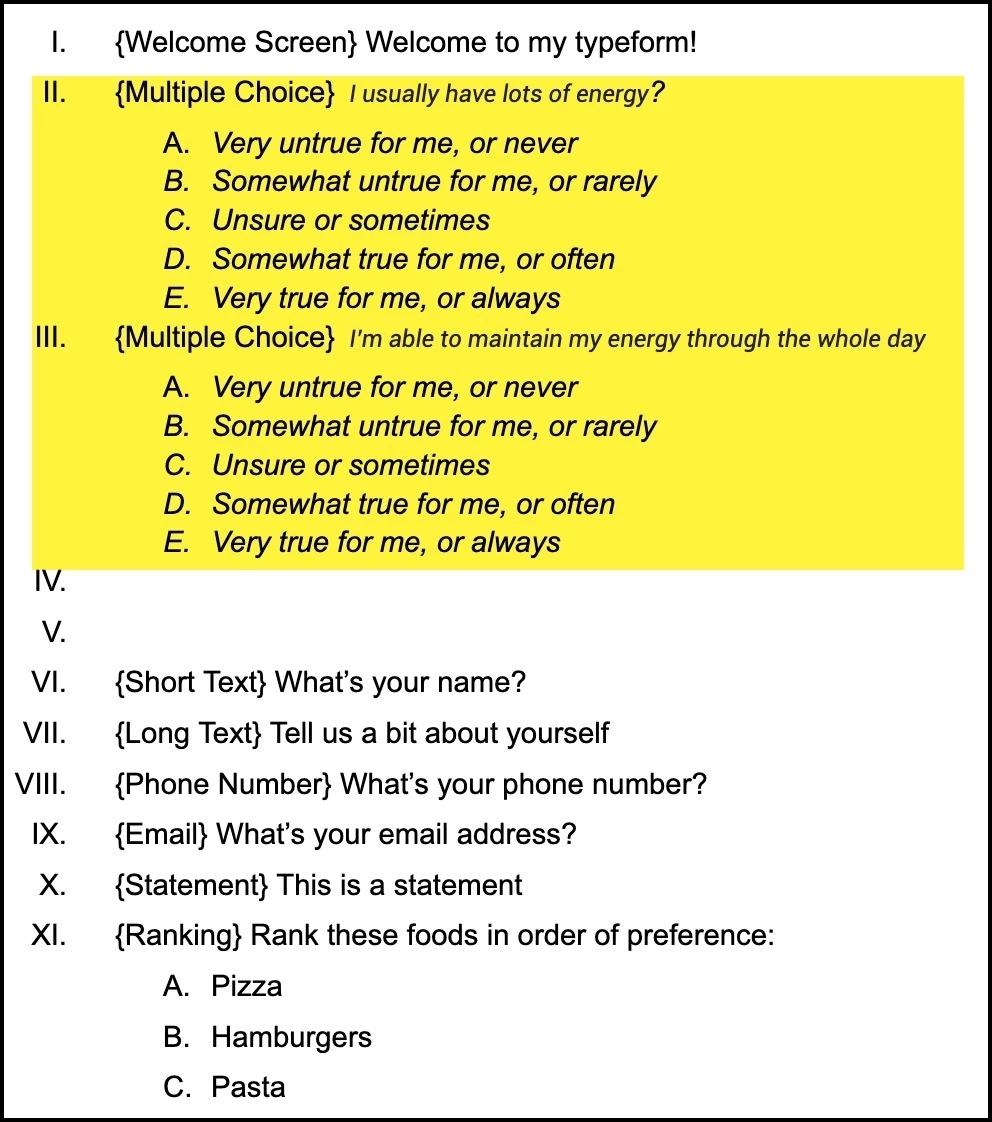Multiple choice questions are a popular form of assessment that allows students to choose from a set of options. They can vary in complexity and format, making them a versatile tool for educators. In this article, we will explore some of the different types of multiple choice questions that can be used in various educational settings.
Multiple choice questions can be categorized into different types based on their structure and content. Each type serves a specific purpose and can be used to assess different levels of knowledge and understanding. Let’s take a closer look at some of these types:
Different Types of Multiple Choice Questions
1. Single Best Answer: This type of multiple choice question requires the student to select the one correct answer from a list of options. It is commonly used to test knowledge and understanding of a specific topic or concept.
2. Multiple Correct Answers: In this type of question, students are asked to select all the correct answers from a list of options. This can be a more challenging form of assessment as it requires a deeper level of understanding and critical thinking.
3. True/False: True/false questions present students with a statement, and they must determine whether it is true or false. This type of question can be used to test students’ comprehension and ability to differentiate between fact and fiction.
4. Matching: Matching questions require students to match items from two columns. This type of question can be used to assess students’ ability to make connections between related concepts or terms.
5. Fill in the Blank: Fill in the blank questions present students with a sentence or phrase with a missing word or phrase. Students must select the correct option to complete the sentence. This type of question can be used to test students’ knowledge of specific vocabulary or concepts.
Overall, multiple choice questions offer a flexible and effective way to assess students’ knowledge and understanding. By incorporating different types of multiple choice questions into assessments, educators can create a well-rounded evaluation that tests various skills and competencies.
In conclusion, understanding the different types of multiple choice questions and how they can be used effectively is essential for creating engaging and informative assessments. By incorporating a variety of question types, educators can tailor assessments to meet the specific learning objectives of their students.
